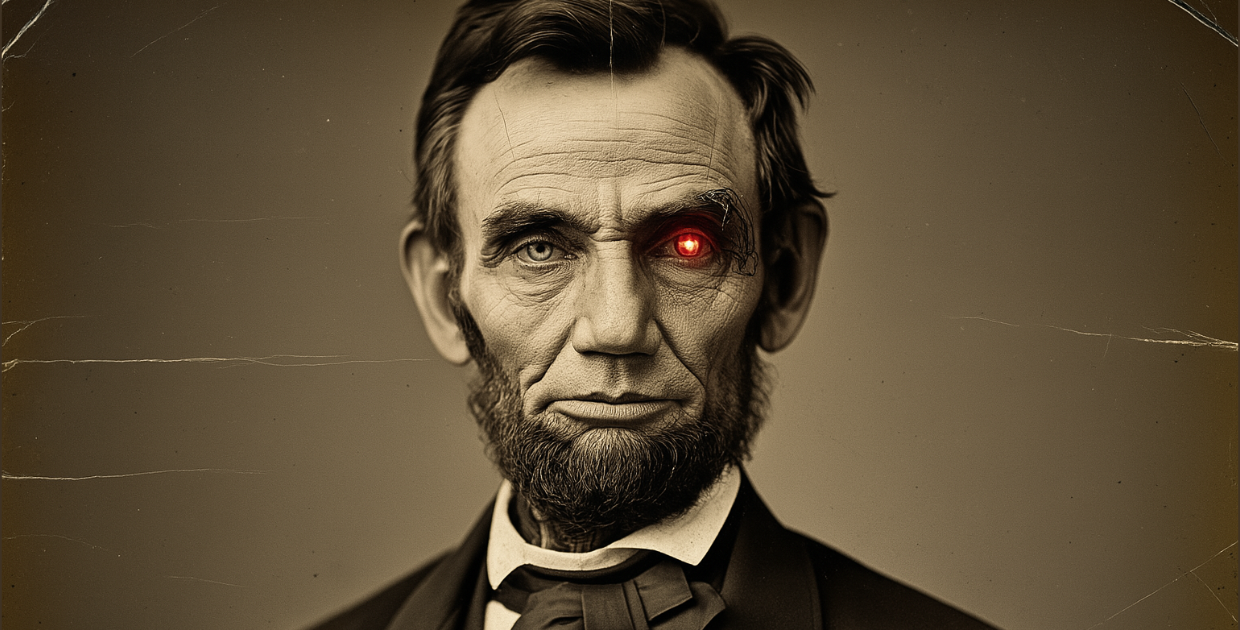We’re digging into all of the data and spending numbers for digital campaigning in the 2022 midterms with Kyle Tharp, Managing Editor of FWIW Media. He writes the FWIW newsletter and has a long resume working for non-profits and technology companies on the left, including ACRONYM and NGP-VAN. Kyle and his team have been fastidiously tracking the metrics for digital campaigns across the country and his newsletters are must-reads.





